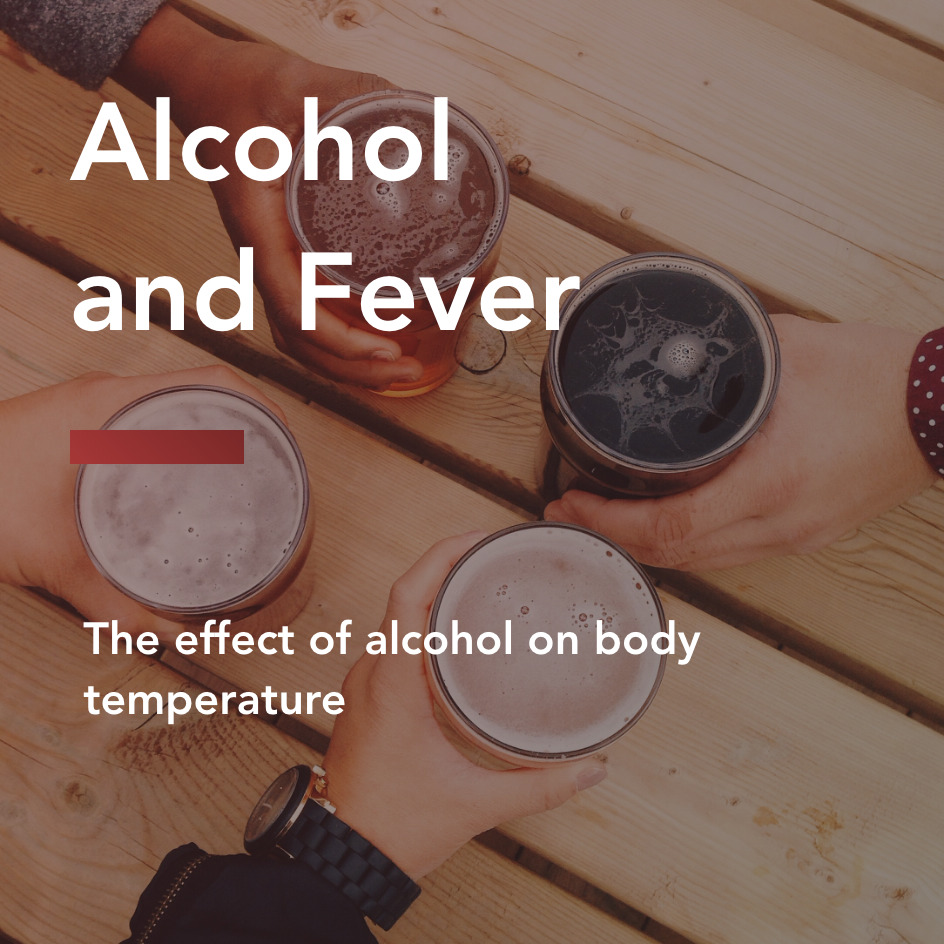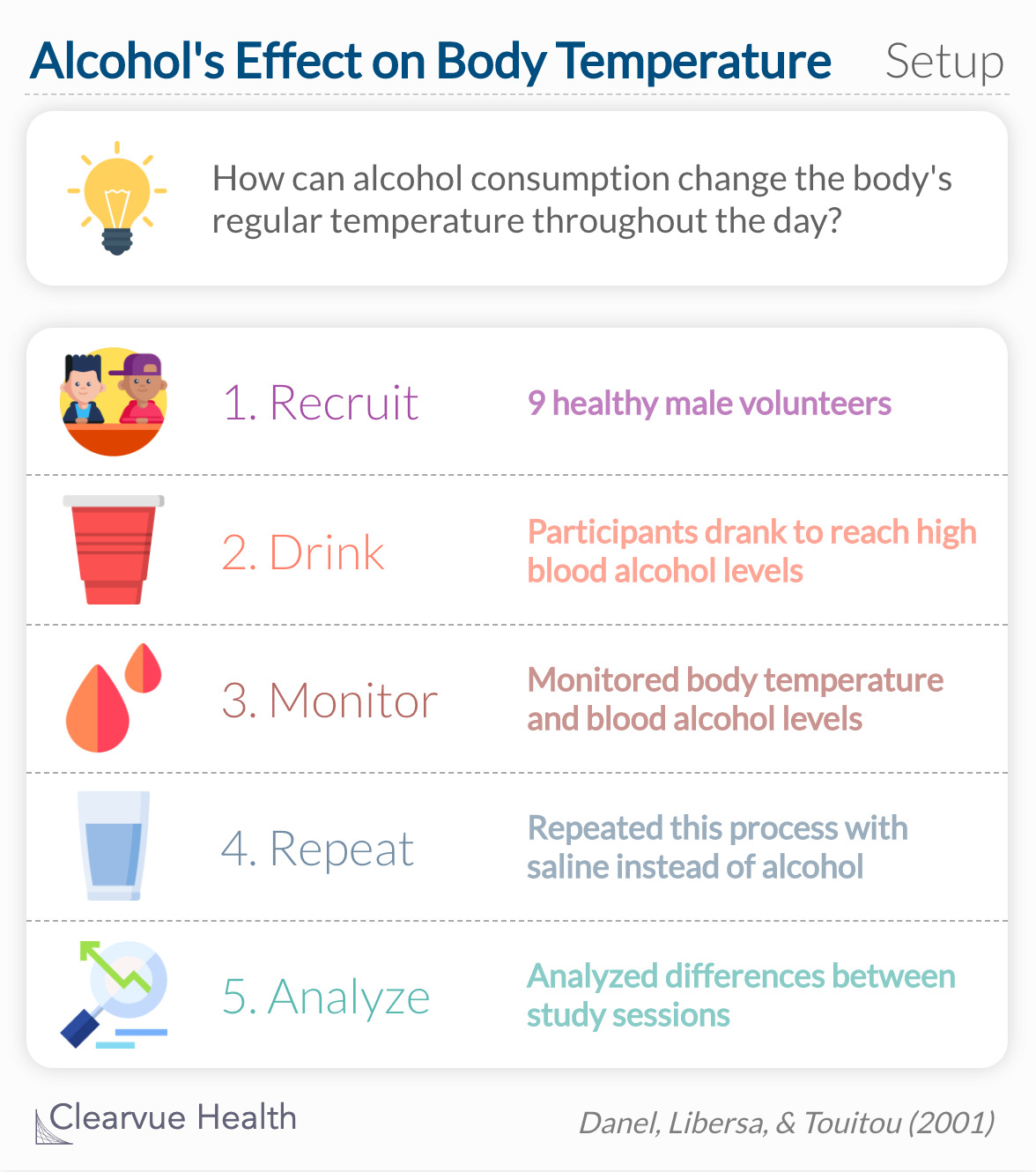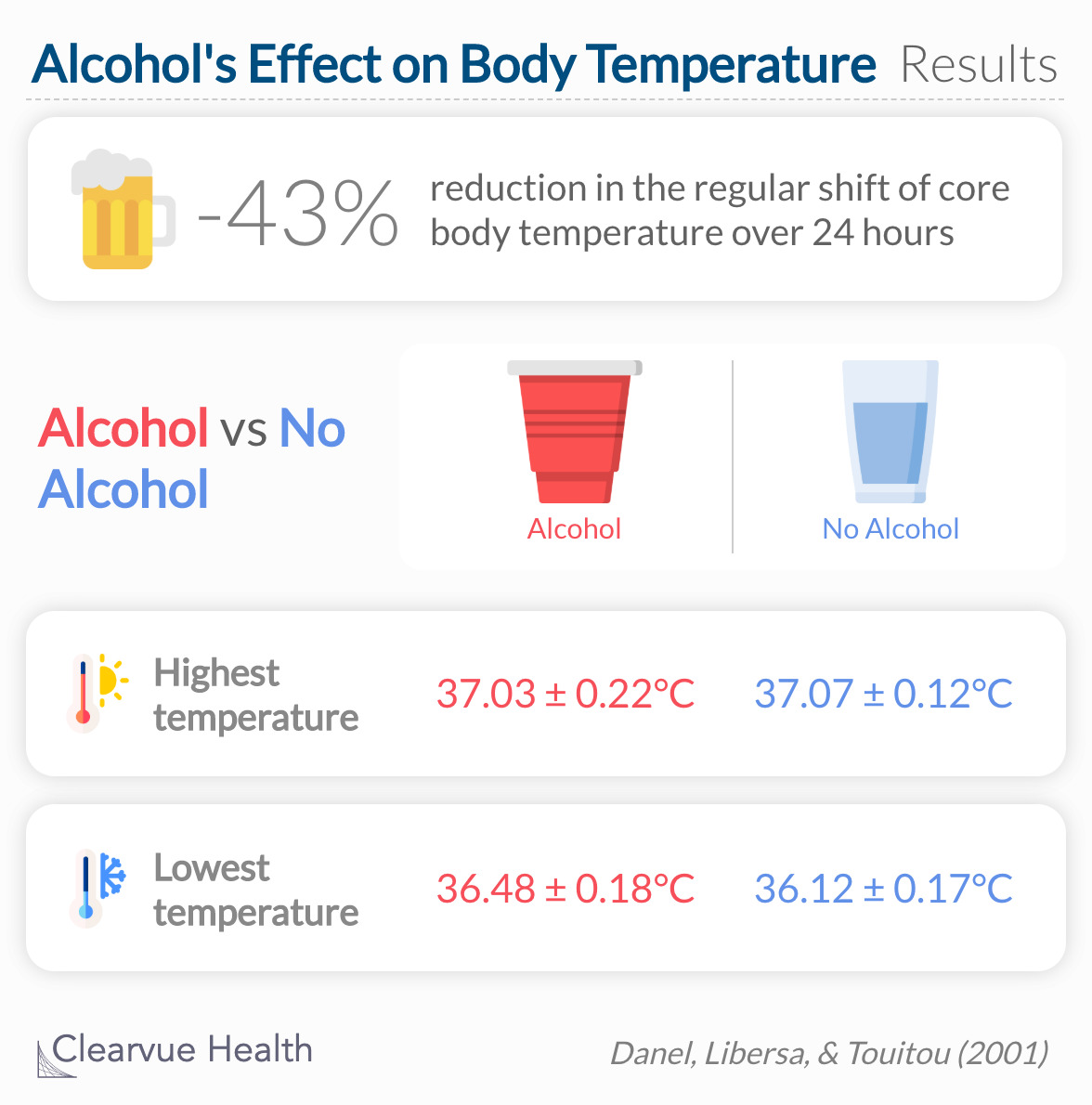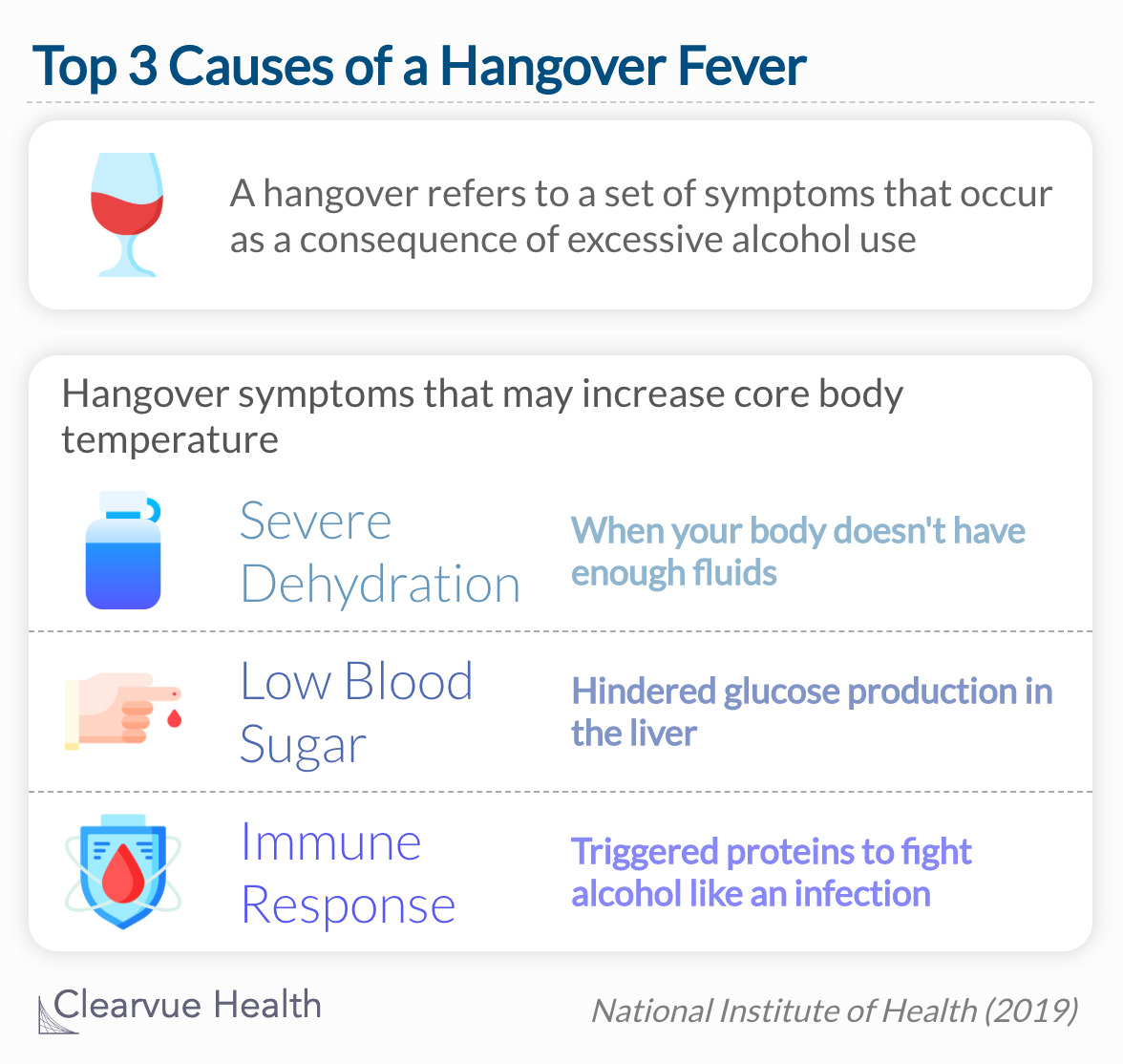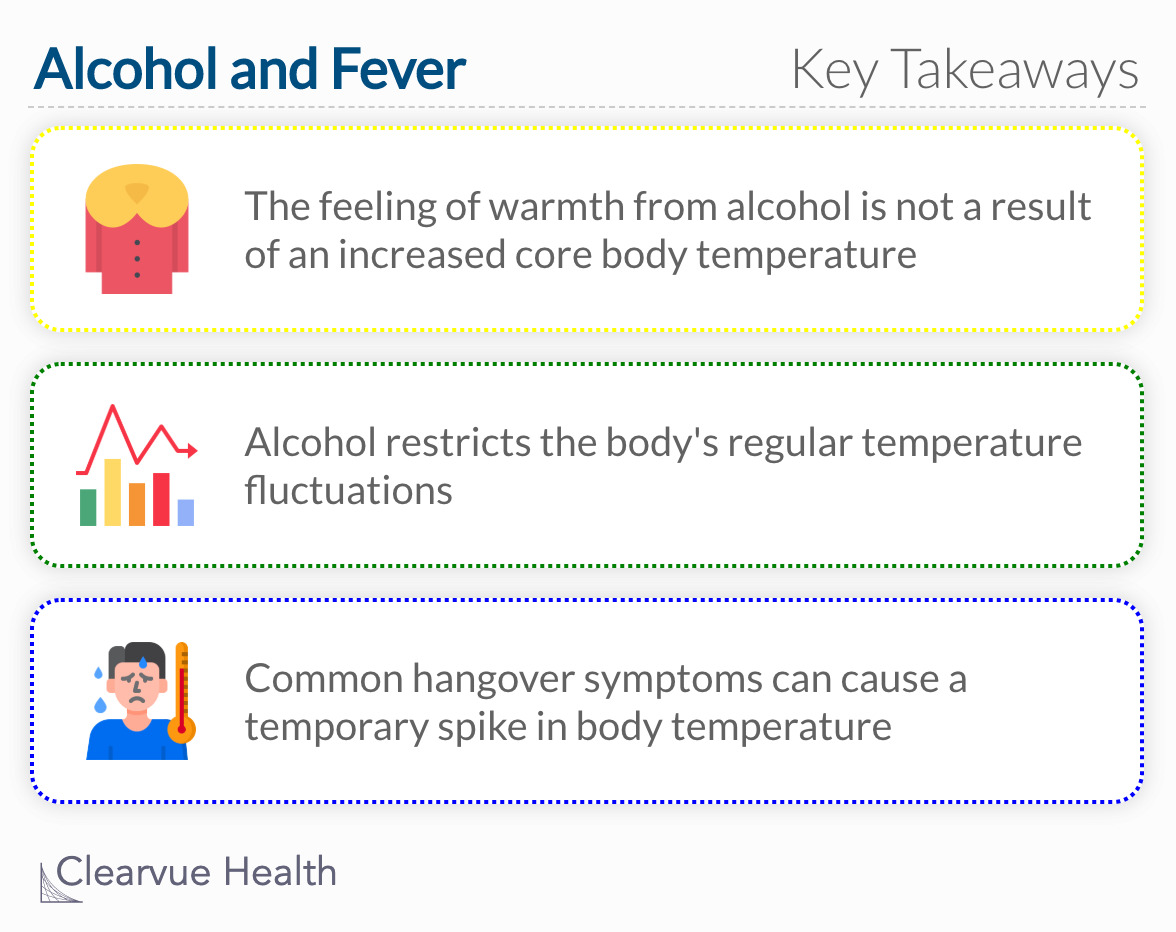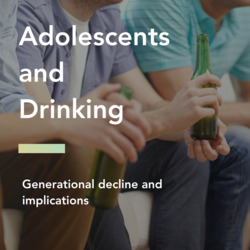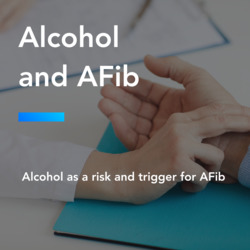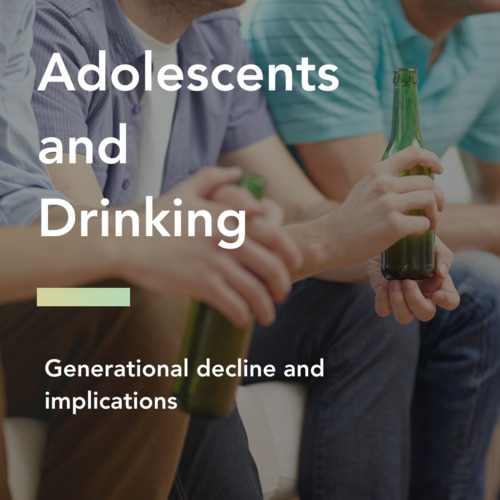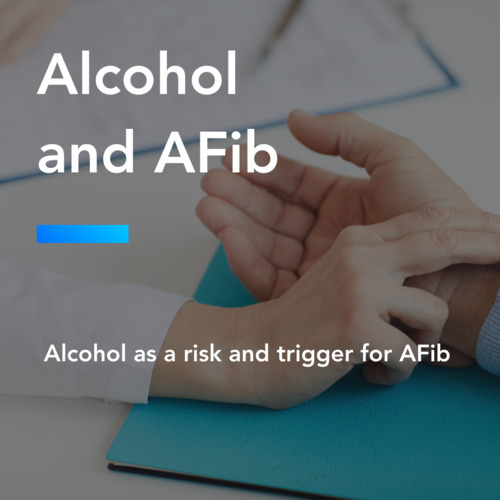While drinking, alcohol has many effects on the body and mind. Alcohol inhibits your motor skills and ability to make clear decisions. For some people, alcohol can enhance feelings of excitement, anger, or sadness. Alcohol can also make the body feel warmer than it actually is. In this study, we explore the effects of alcohol on body temperature.
Alcohol and body temperature throughout the day
Source: The effect of alcohol consumption on the circadian control of human core body temperature is time dependent
A well-controlled experiment was conducted to measure the differences in core body temperature when exposed to alcohol. They recruited 9 healthy, young men to participate in two 26 hour sessions. In the first session, they were given enough alcohol to reach high blood alcohol levels. Their body temperature was monitored every 20 minutes and blood samples were collected every 6 hours.
A few weeks later, they participated in the same exact experiment, just without the alcohol. They were put in the same room, with the same lighting and the same room temperature. They were given the same meals at the same time. Researchers wanted everything to be just as it was so that alcohol was the only variable that changed.
Seven of the volunteers experienced a loss of body heat at night. Participants did not experience a consistently raised or lowered body temperature for the entire alcohol session. This study shows that alcohol affected their body’s ability to adjust its temperature over the course of a day. In other words, there was a reduction in the range of temperatures.
The data tells us that alcohol does not cause fever, but inhibits the body’s control over its core temperature. This is dangerous because people with high blood alcohol levels may be under the illusion that their body is warmer than it actually is. An illusion like this, along with impaired cognitive functioning, can put someone in a bad situation with the potential for hypothermia.
Fever during a hangover
Source: NIH Hangovers Fact Sheet
People can also experience a fever after a night of drinking. This is typically the result of a severe hangover. A hangover refers to a set of symptoms that occur as a consequence of excessive alcohol use. There are a variety of mechanisms during a hangover that can cause fever after drinking. Fever during a hangover is often caused by severe dehydration and low blood sugar. Alcohol can also trigger an immune response, similar to an infection, that causes a fever.
